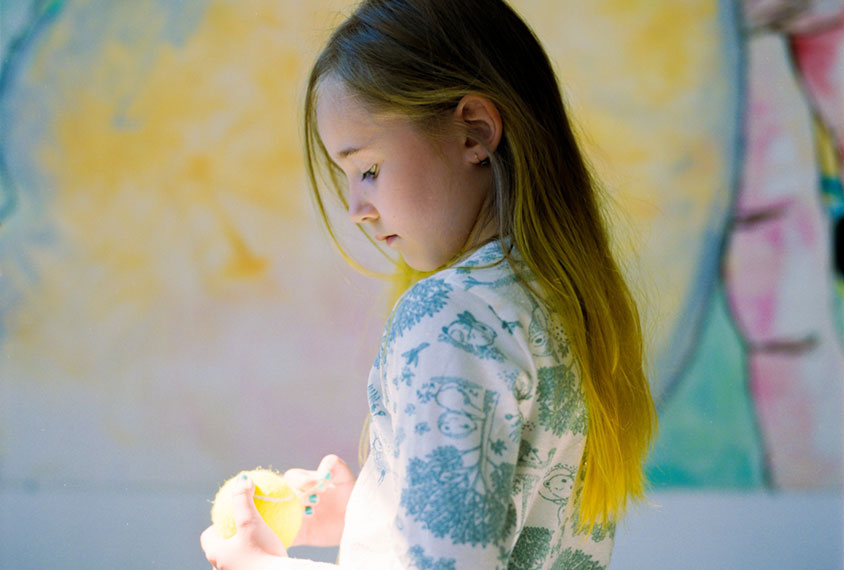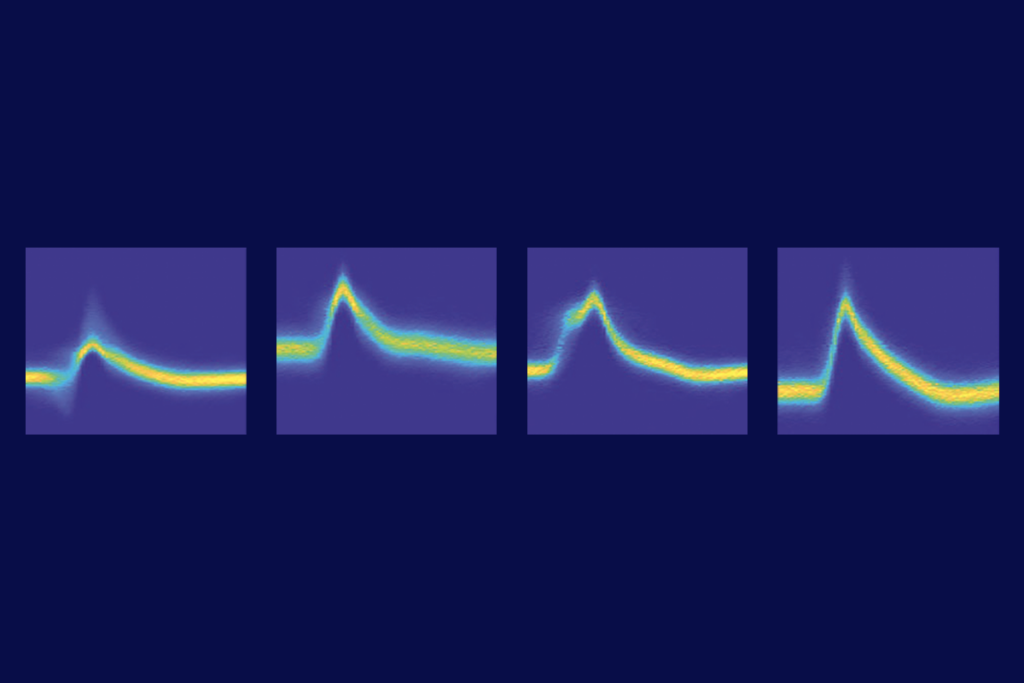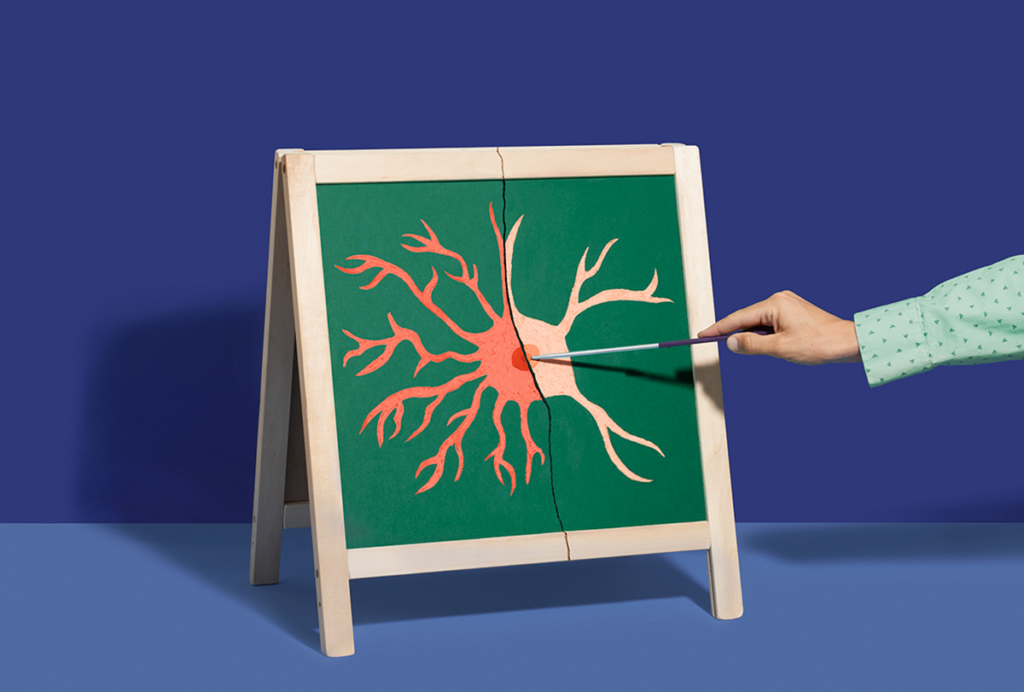Svetlana Bulatova was born in 1991. She is a graduate specialist in historical studies. Svetlana proceeded to develop her interest in social studies and various communities through documentary photography. Studied at Faculty of Photojournalism and Academy documentary photography and photojournalism Fotografika (St.Petersburg). Svetlana has developed her practice in international programs: Danish School of Media and Journalism and NOOR-Nikon visual journalism workshop «Developing your Transmedia & Long-term Project» (Bayeux, France).
In 2018 Svetlana joined to “Women Photograph” organization.
Svetlana’s works were published in National Geographic (USA), The Calvert Journal, EEP Berlin, Scena9, Roads & Kingdoms, Here Magazine, The Morning Calm, Russian Reporter, Takie Dela, Zapovednik, The Paper and among others. She works individually focused on long-term projects. Since 2016 Svetlana has been working in North Caucasus.
Currently lives and works in St.Petersburg.

Svetlana Bulatova
Photographer
From this contributor
Inside a summer camp for autistic children in Russia
Photographs show how a camp in St. Petersburg this summer helped children on the spectrum and their families find some fun during the pandemic.

Inside a summer camp for autistic children in Russia
Explore more from The Transmitter
INSAR takes ‘intentional break’ from annual summer webinar series
The International Society for Autism Research cited a need to “thoughtfully reimagine” its popular online program before resuming it in 2026.

INSAR takes ‘intentional break’ from annual summer webinar series
The International Society for Autism Research cited a need to “thoughtfully reimagine” its popular online program before resuming it in 2026.
Null and Noteworthy: Neurons tracking sequences don’t fire in order
Instead, neurons encode the position of sequential items in working memory based on when they fire during ongoing brain wave oscillations—a finding that challenges a long-standing theory.

Null and Noteworthy: Neurons tracking sequences don’t fire in order
Instead, neurons encode the position of sequential items in working memory based on when they fire during ongoing brain wave oscillations—a finding that challenges a long-standing theory.
How to teach this paper: ‘Neurotoxic reactive astrocytes are induced by activated microglia,’ by Liddelow et al. (2017)
Shane Liddelow and his collaborators identified the factors that transform astrocytes from their helpful to harmful form. Their work is a great choice if you want to teach students about glial cell types, cell culture, gene expression or protein measurement.

How to teach this paper: ‘Neurotoxic reactive astrocytes are induced by activated microglia,’ by Liddelow et al. (2017)
Shane Liddelow and his collaborators identified the factors that transform astrocytes from their helpful to harmful form. Their work is a great choice if you want to teach students about glial cell types, cell culture, gene expression or protein measurement.